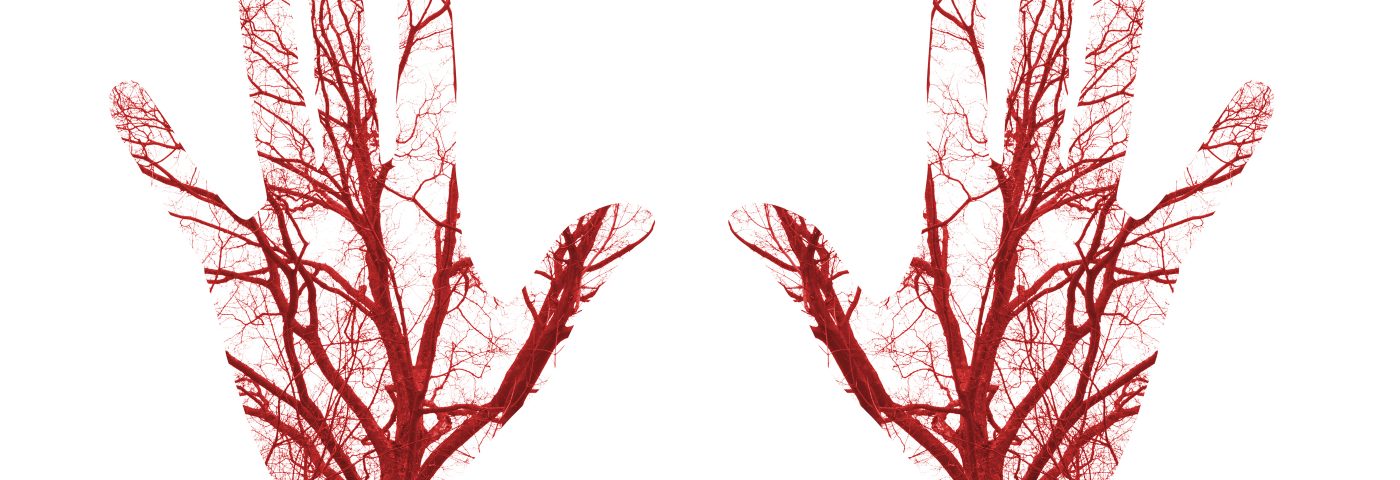A case study reported in the medical journal Oxford Medical Case Reports emphasized the complexity of undifferentiated connective tissue diseases (UCTD), which corresponds to a large spectrum of autoimmune disorders with variable manifestations, often presenting with Raynaud’s syndrome.
In the study, “Undifferentiated vasculitis or an evolving systemic autoimmune rheumatic disease,” Dr. Nafeesah Fatimah, Dr. Ahmad Ussaid, and Dr. Aflak Rasheed from Shaikh Zayed Medical Complex in Lahore, Pakistan, reported the case of a 27-year-old woman who arrived at the hospital with sudden onset of severe burning pain in all the fingers of her left hand. Her fingers turned red, then blue, and eventually turned black within a few days. Similar changes were observed in the fingers of her right hand and in all her toes in the next 20 days.
The physicians carried out clinical investigations based on the identification of blood markers to measure kidney and liver function, as well as the activity of the immune system. Additionally, they investigated the functionality of the patient’s blood vessels.
The team found that the patient had low blood flow at the extremities of her limbs, but the blood flow was normal in the upper part of her arms and legs.
Based on clinical and immunological assessments, the woman was diagnosed with mixed cryoglobulinemia, where certain proteins produced by the cells of the immune system become insoluble at low temperatures because they are found at very high concentrations. Her case was associated with inflammation of the blood vessels caused by an autoimmune condition. She was treated with a high-dose corticosteroid injection, which stopped the progression of the disease.
According to the authors, revisiting already defined criteria for UCTD could help decide adequate follow-up, appropriate treatment and reduction in psychological stress for the patient. In particular, the criteria used to diagnose UCTD should be updated to include latent autoimmune diseases, such as latent lupus, dormant systemic sclerosis, and additional similar diseases.
UCTD is an umbrella term used for conditions with signs and symptoms consistent with connective tissue diseases, but not filling the defined criteria for connective tissue diseases. People with UCTD may show various symptoms, the most common of which is Raynaud’s syndrome, seen in around half of the cases.


